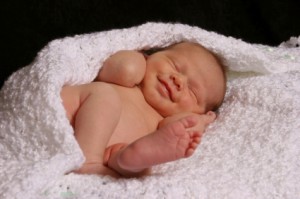
1. What is diarrhea?
Increase in frequency of unformed or watery stools.
2. What causes diarrhea?
Mostly due to infection either bacteria or viral from the contaminated water or food sources
Other causes may be due to food intolerance (eg: lactose intolerance), food allergy (eg: cow’s milk protein allergy) or cause by certain medications such as antibiotics.
3. What is the danger of diarrhea to my baby?
Uncontrolled and persistent diarrhea may lead to dehydration to your baby causing excessive loss of water and electrolytes. Severe dehydration may cause electrolytes imbalance and circulatory shock.
Watch out for signs and symptoms of dehydration such as dry lips, sunken eyes, poor urine output, lethargy or inactivity.
4. What can I to do if my baby have diarrhea?
Firstly, bring your baby to see doctor to determine the cause of diarrhea. Your baby’s doctor will then treat the underlying cause and replace the water and electrolytes that have already lost by using oral rehydration salt.
5.Should I continue to feed my baby? Will it worsen the diarrhea?
Our aim is to continue to provide adequate nutrition to your baby to build up the body immune systems to fight against the infection. Breast feeding or formula feeds should be continued especially for young infants. If your baby develops secondary lactose intolerance after infection, it is advisable to change to lactose free formula until the diarrhea gets better and then your baby can change back to the normal formula.
6. What should I do to prevent my baby from having diarrhea?
Practice good hygiene while breastfeeding or bottle feed your baby. Ensure proper and correct feeding technique i.e. correct concentration and quantity to the needs and age of your child. Feed more often with smaller quantities
Filed under Common Problems Encountered, Medical Conditions in the Newborn | No Comments